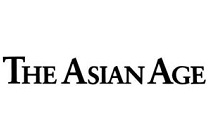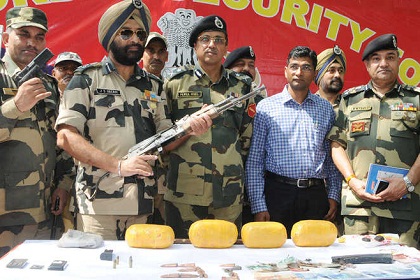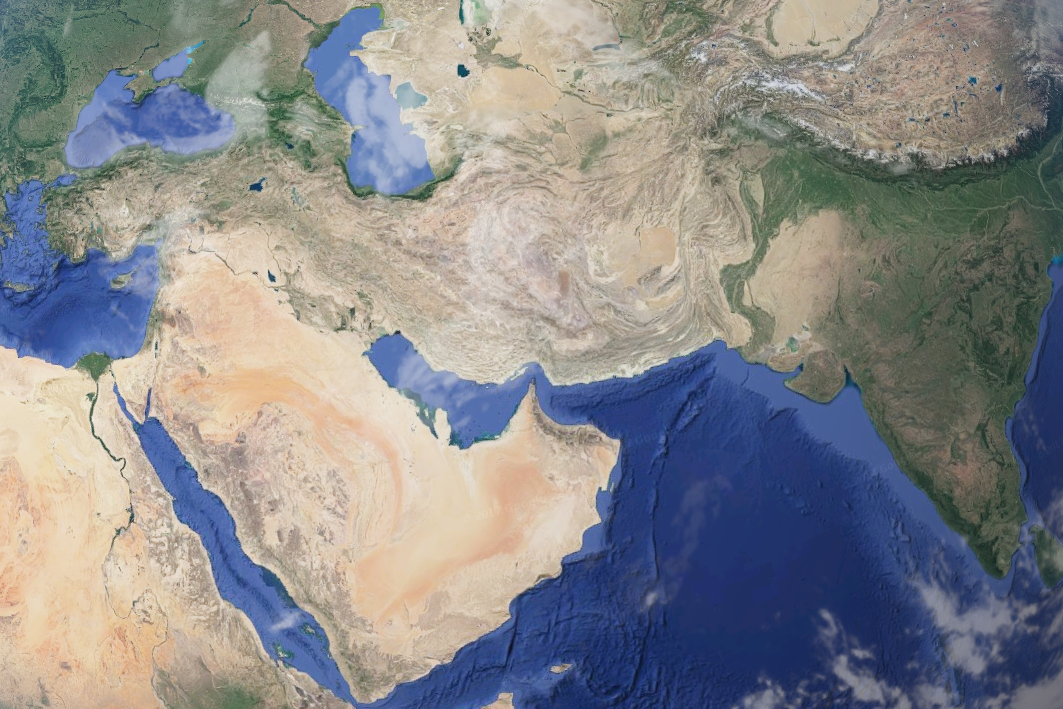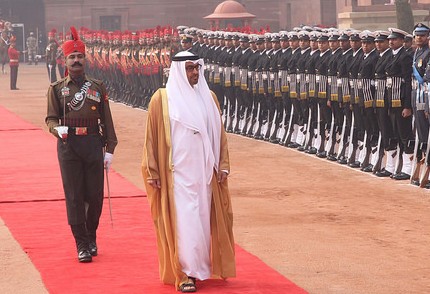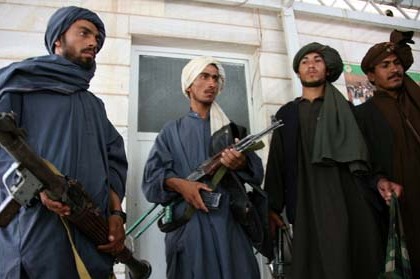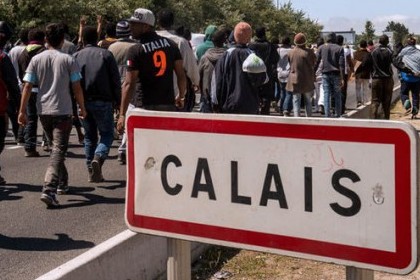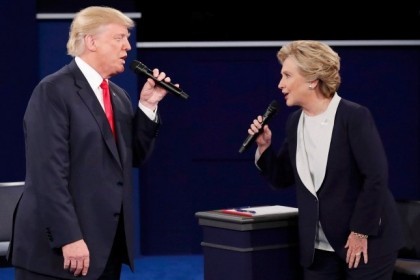Trump hits Iran and India reels
Amit Bhandari, Fellow, Energy and Environment Studies, Gateway House, and Kunal Kulkarni, Senior Researcher, Gateway House, write an op-ed for The Asian Age on the possible implications of U.S. President Donald Trump’s recent announcement to withdraw from the JCPOA, more colloquially Read more

